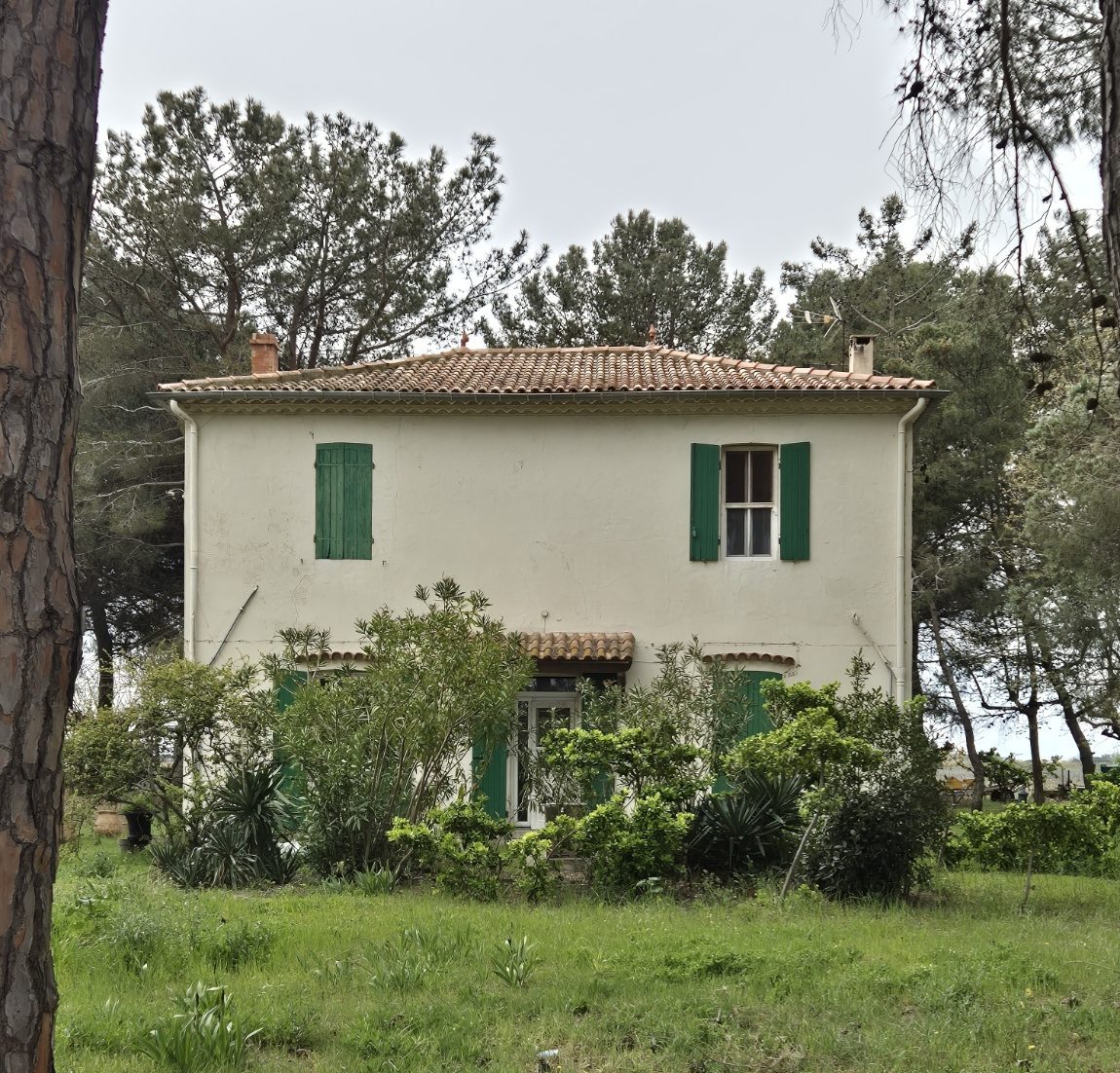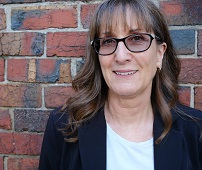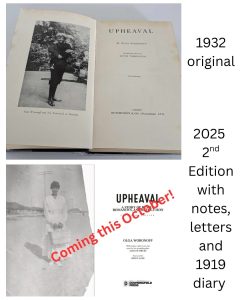In the midst of renovating my new home, I have been neglecting my blog posts. I simply haven’t been able to keep an eye on everything changing around me, while at the same time trying to have more of a presence on social media (that’s not really happening either), continue to work on the sequel to Upheaval, and write blog posts. Now I am three quarters through the renovation, I found myself wondering how my maternal grandparents managed to make a home every time they moved to a new place. Or did they?
My maternal grandparents, Paul and Olga Woronoff, moved a lot. Even while they still lived in Russia, they seem to have lived in several different accommodations, and also visited relatives and friends for lengthy times. They definitely began a more nomadic lifestyle after my grandfather fought in WWI and later volunteered for the White Army. It never ceases to amaze me that my grandmother was able to follow him to most of the places where he was stationed. In each of these places they had to find accommodation and, presumably, unpack whatever they managed to bring with them.
At first, while my grandfather fought in WWI, my grandmother stayed in hotels near where he was stationed. Later, after he was discharged with poor health, they based themselves in a sanatorium. From there they moved to a number of different places, eventually sharing one or two rooms with my great aunt and their maids. They also were able to integrate into society wherever they were staying. In her diary of 1919, which will be published in the 2nd edition of Upheaval in October this year, my grandmother often mentions attending dinner parties, concerts and the theatre. All things I would never have guessed would still be happening during a war.
But how did they managed to make a home for themselves in every new place and did they?
I can only assume that, during the years of war and revolution, making a home was perhaps the last thing on their mind. After their escape from Russia, when my grandparents first moved to France, it would have been difficult for them to make a home as they were living in hotels. Even when they were offered employment, it was at a hotel in Rayol Canadel sur Mer, on the coast in the south of France. At that stage they would still have had few possessions, and certainly no furniture. But, although I have no proof, I am certain my grandmother would have made a space in a corner of a room, wherever they were living, for their icons, bible and prayer books.
After Rayol Canadel sur Mer, they moved to a vineyard not far from Le Grau du Roi, where they lived in a small cottage. I was lucky enough to visit the vineyard and to see a cottage which I assume was theirs. They lived there for a couple of years. The cottage must have been furnished, but perhaps by then my grandparents had one or two items of their own. I am certain they would have gradually added simple but personal touches to the cottage. That cottage was, from what I have been able to find out, the place they stayed the longest on their own, although eventually they welcomed my mother into their family.





This Post Has 4 Comments
You are lucky to find some places where they lived still standing. When I try to find homes that relatives lived in the past, most no longer exist, even those in the same small city I live in. So many are now just parking lots or even vacant lots and places just from 50 years ago.
Can’t wait for your book to be published!
I am lucky! Although I have definitely found that some of the places they lived no longer exist. I’ll have details soon for the virtual launch of my book.
That is a characteristic of a refugee. Having lost everything, they understand that worldly possessions are not that important. Human connections are. My grandmother, also having lost everything, always “lived out of a suitcase”.
Very true Maria!